Navigating the Relationship Between Anabolic Steroids and Psoriasis: Understanding the Impact
Psoriasis is a chronic skin condition that affects millions of people worldwide, causing discomfort, self-esteem issues, and reduced quality of life. While medical advancements have provided various treatments to manage psoriasis symptoms, some individuals have turned to anabolic steroids in hopes of alleviating their skin problems. However, the relationship between anabolic steroids and psoriasis is complex, carrying potential risks and consequences that should not be taken lightly. In this blog, we delve into the impact of anabolic steroids on psoriasis, examining the factors involved and the importance of making informed decisions for both health and well-being.
Must Read: The World’s Leading SilkRoad Black Pharmacy: Empowering Access to Medications
Contents
- 1 Understanding Psoriasis
- 2 ADD/ADHD (2)
- 3 Anabolic Steroids (11)
- 4 ANTI ANXIETY (1)
- 5 Anti-Estrogens (1)
- 6 Antibiotics (1)
- 7 Birth Control (1)
- 8 buy Online (5)
- 9 COUGH SYRUP (2)
- 10 DEPRESSANTS AND ANXIETY (14)
- 11 Hallucinogens (5)
- 12 INJECTABLE STEROIDS (1)
- 13 MARIJUANA AND HASHISH (1)
- 14 nervous-stimulants (1)
- 15 OPIOIDS (15)
- 16 Pain Reliever (6)
- 17 Sleep & Insomnia (1)
- 18 STIMULANTS (10)
- 19 WEIGHT LOSS (1)
Understanding Psoriasis
Psoriasis is an autoimmune disorder characterized by the rapid production of skin cells, leading to the formation of thick, red, and often itchy patches of skin. These patches, known as plaques, can appear anywhere on the body, including the scalp, elbows, knees, and lower back.
Anabolic Steroids and Their Uses
Anabolic steroids are synthetic substances that mimic the effects of the male hormone testosterone. They are often used to enhance muscle growth, increase strength, and improve physical performance. Medical professionals may prescribe anabolic steroids to treat certain medical conditions, such as hormone deficiencies and muscle-wasting diseases. However, their misuse, particularly in the context of athletic performance or aesthetic enhancement, can lead to serious health risks.
The Temptation and Misconceptions
Steroids can suppress the immune response, which could theoretically alleviate psoriasis symptoms. Additionally, anecdotal reports and misinformation on online platforms may contribute to the misconception that anabolic steroids can provide a “cure” or significant relief from psoriasis.
The Risks and Consequences
While anabolic steroids might temporarily alleviate psoriasis symptoms, their use can come with severe health risks and potential worsening of the condition:
- Skin Thinning: Prolonged use of steroids can lead to skin thinning, making the psoriasis plaques more susceptible to injury and further aggravation.
- Flare-Ups: Suddenly discontinuing steroid use can trigger psoriasis flare-ups, often worse than before.
- Systemic Effects: Anabolic steroids have systemic effects on the body, impacting various organs and systems. This can lead to serious health issues such as cardiovascular problems, liver damage, and hormonal imbalances.
- Dependency: Misuse of steroids can lead to psychological and physical dependence, making it challenging to stop using them.
- Legal and Ethical Concerns: The non-medical use of anabolic steroids is illegal in many countries and is against the ethical standards of medical practice.
Choosing the Right Path
Individuals struggling with psoriasis should consult healthcare professionals for proper medical advice and treatment options. There are effective treatments available, such as topical medications, oral medications, phototherapy, and biologic therapies, that are safe and tailored to each patient’s specific needs.
Look Our Categories:
-
ADD/ADHD (2)
-
Anabolic Steroids (11)
-
ANTI ANXIETY (1)
-
Anti-Estrogens (1)
-
Antibiotics (1)
-
Birth Control (1)
-
buy Online (5)
-
COUGH SYRUP (2)
-
DEPRESSANTS AND ANXIETY (14)
-
Hallucinogens (5)
-
INJECTABLE STEROIDS (1)
-
MARIJUANA AND HASHISH (1)
-
nervous-stimulants (1)
-
OPIOIDS (15)
-
Pain Reliever (6)
-
Sleep & Insomnia (1)
-
STIMULANTS (10)
-
WEIGHT LOSS (1)
Must Read: Buy Magic Mushrooms Psilocybin Online: Navigating the Landscape of Psychedelic Experiences
Conclusion
While the allure of using anabolic steroids to manage psoriasis symptoms might be tempting, the risks and potential consequences far outweigh any perceived benefits. Choosing the right path involves prioritizing overall health and well-being over quick fixes, and making informed decisions that lead to long-term improvements in quality of life.

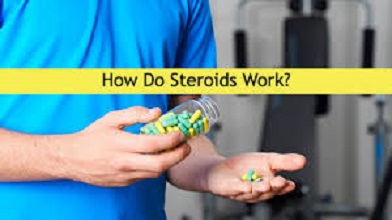



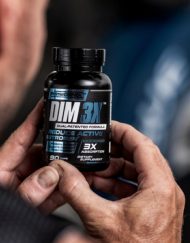


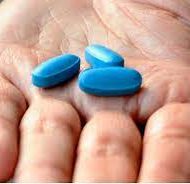





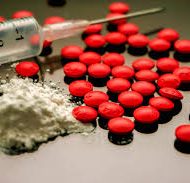

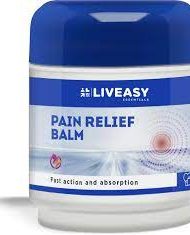

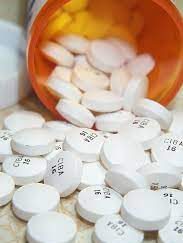

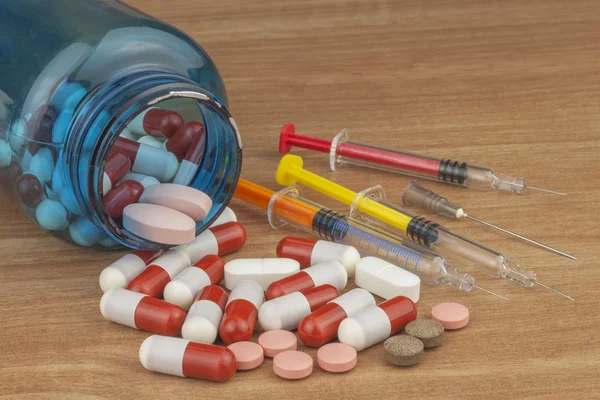
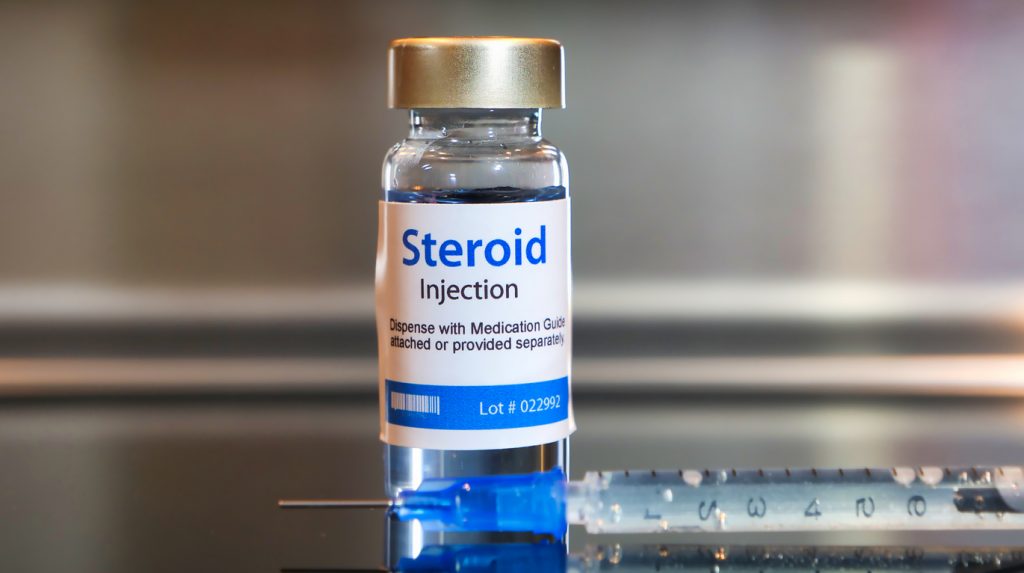

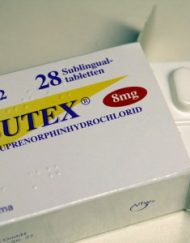

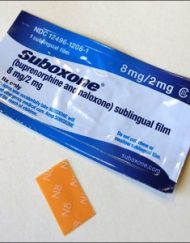

Recent Comments